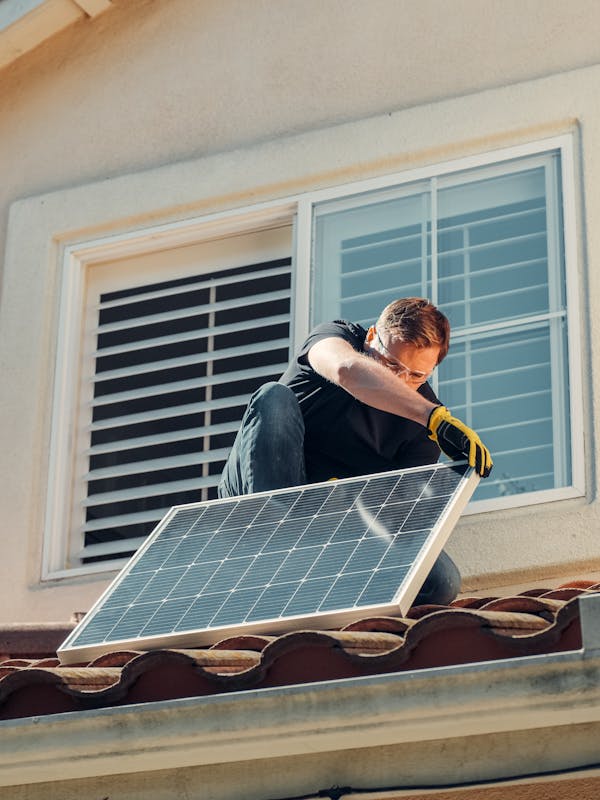Energy Efficiency
Energy efficiency services encompass a range of strategies and solutions aimed at reducing energy consumption while maintaining or improving output and comfort levels. These services are increasingly essential for businesses, homeowners, and governments striving to lower energy costs, meet sustainability goals, and reduce carbon footprints. By implementing energy efficiency measures, clients can achieve both financial savings and environmental benefits.
Types of Energy Efficiency Services
Energy Audits and Assessments: The first step in improving energy efficiency is often an audit or assessment, which involves evaluating a facility’s current energy use and identifying areas for improvement. These audits can range from simple walk-throughs to detailed analyses of energy use patterns, equipment efficiency, and insulation quality. Audits often culminate in a report that outlines recommendations for reducing energy consumption.
Lighting Solutions: Upgrading to energy-efficient lighting is a straightforward way to reduce energy usage. Services in this area may include replacing incandescent or fluorescent lights with LED bulbs, implementing smart lighting controls, and optimizing natural light. These measures can significantly lower energy costs, especially in commercial and industrial settings where lighting is a major expense.
HVAC Optimization: Heating, ventilation, and air conditioning (HVAC) systems are among the largest energy consumers in buildings. Efficiency services can include upgrading to energy-efficient units, routine maintenance, and the use of smart thermostats. Additionally, services may offer retrofitting options, insulation upgrades, or zoning solutions that improve overall efficiency and comfort.
Building Envelope Improvements: The building envelope, including windows, doors, walls, and roofs, plays a crucial role in energy conservation. Services targeting the envelope may involve adding insulation, installing energy-efficient windows and doors, and sealing gaps to prevent air leaks. Improving the building envelope minimizes heat loss in winter and reduces cooling needs in summer, resulting in lower energy bills.
Renewable Energy Integration: While renewable energy generation (like solar or wind power) is a distinct service, many energy efficiency providers offer complementary services to integrate renewable energy with energy efficiency measures. Solar panel installation, for example, is often paired with efficiency upgrades to maximize overall energy savings.
Energy Monitoring and Management Systems: Advanced energy management systems enable real-time tracking of energy use, allowing businesses and individuals to make informed decisions about their consumption. These systems often incorporate data analytics, machine learning, and predictive maintenance, leading to proactive energy management and reduced wastage.
Benefits of Energy Efficiency Services
Investing in energy efficiency offers several long-term benefits. Lower energy bills and reduced operational costs are the most immediate advantages. Furthermore, energy-efficient facilities often experience an increase in asset value, improved occupant comfort, and a positive impact on the environment by reducing greenhouse gas emissions. These services help clients meet regulatory standards, earn incentives, and enhance their brand’s reputation in the market.
In conclusion, energy efficiency services are a practical and essential component of any energy-conscious strategy. By utilizing a range of techniques—from audits and lighting upgrades to HVAC improvements and building envelope enhancements—these services not only save money but also contribute to a more sustainable future.


